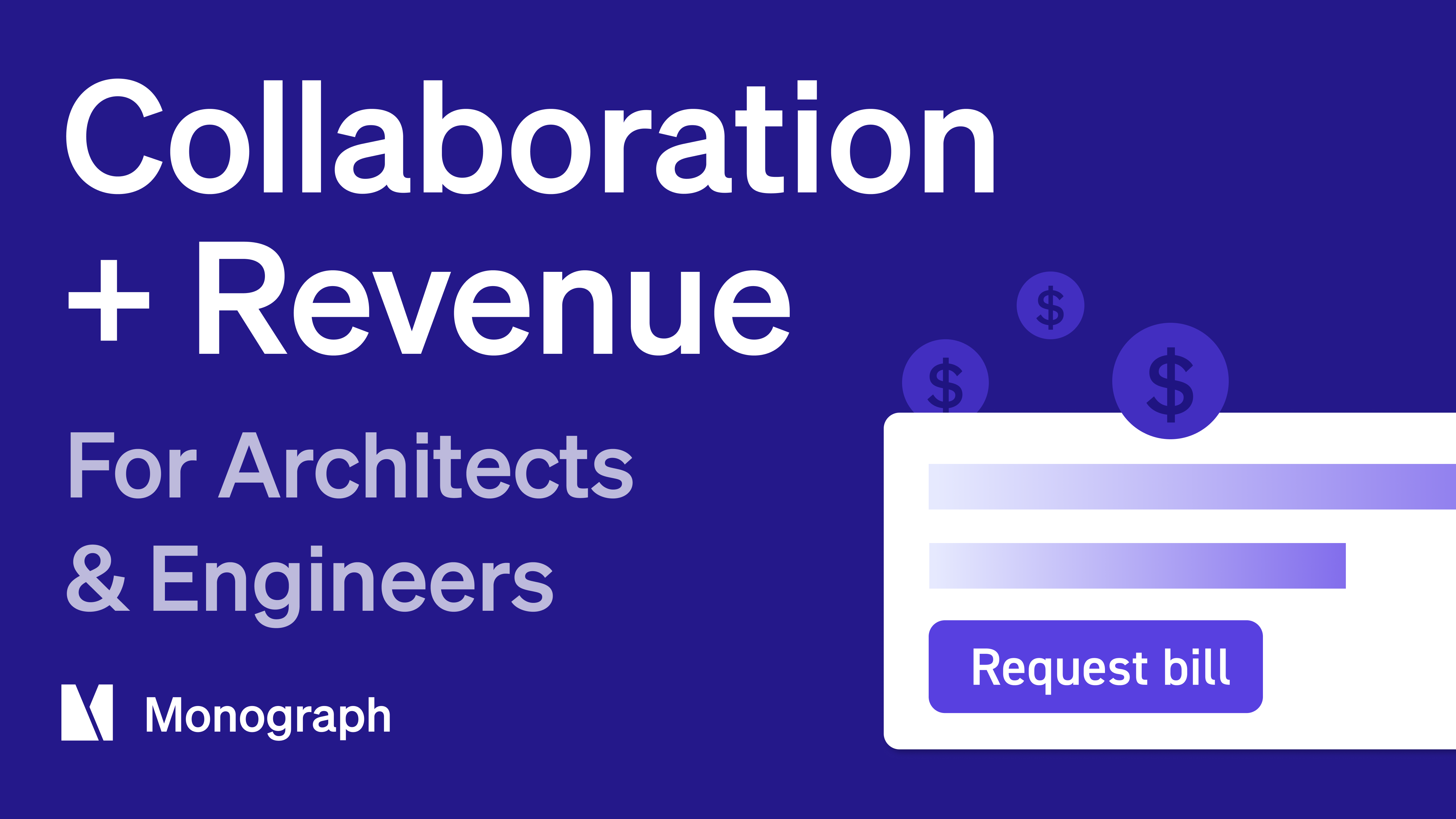Guest list



Overview
Join us on Thursday, April 8th for Best Practice, a virtual fireside chat series dedicated to practice operations at architecture firms and beyond. From pain points to potential, hear how leaders in the architecture and engineering industry are innovating through new business models and managerial techniques.
We’re chatting with Shane Balcom. Shane is Managing Director at Rossmann Architecture Inc. He spent four years in this space in Ottawa working as a "hired gun" in the Biz Dev realm for a trade company. During that time, he grew the topline commercial rev. by 2.5-4M, bringing on builders such as Doran/Taggart grp, Brocollini, Minto, Potvin, Richcraft, and Claridge to name a few. He builds the process ground up by first plugging in and getting respect and recognition from the local community – actively participating in the OCA, GOHBA, OXA etc. This combined with heading up existing projects from a relationship POV – proved for some very lucrative new and long-term relationships with major builders in the city.
In this 45 minute chat, we'll talk to Shane about how he runs the business side of Rossmann Architecture Inc.
Find out:
- How Shane uses Monograph and how it helped him 2x revenue
- Why hiring someone like Shane to run a practice is unusual
- What lessons from tech and business development Shane now applies to practice operations
- and more!


